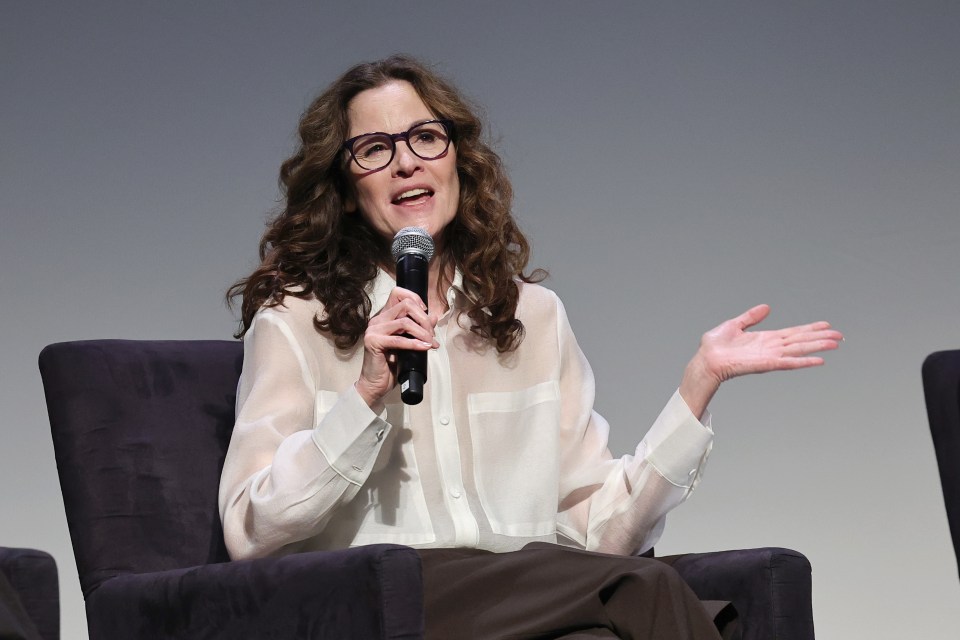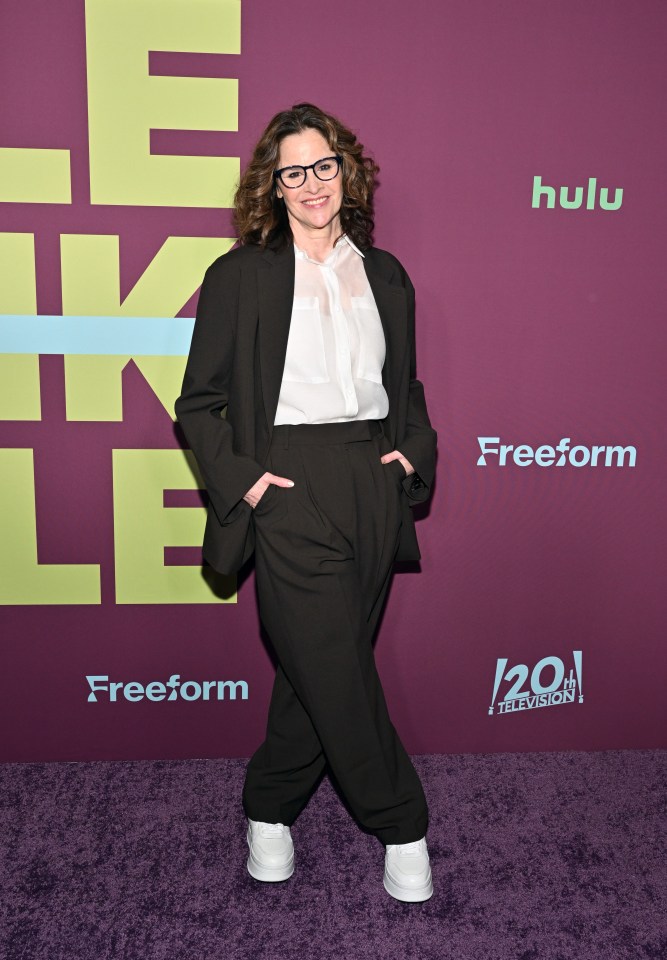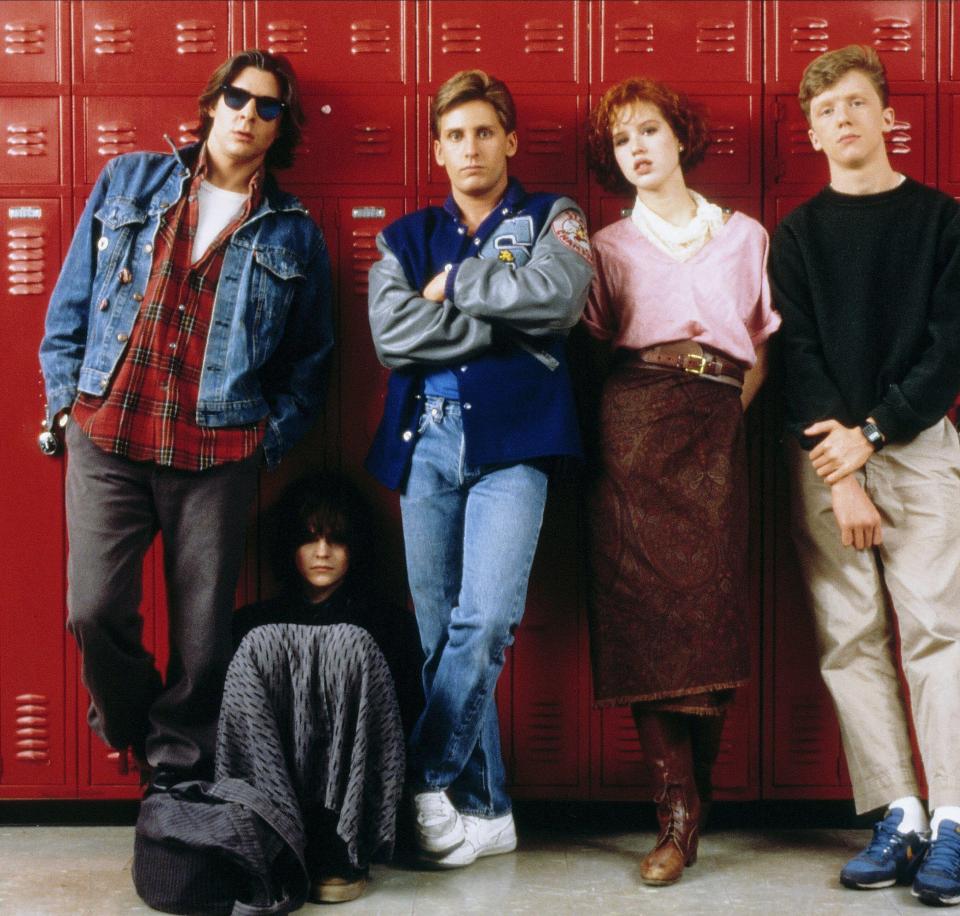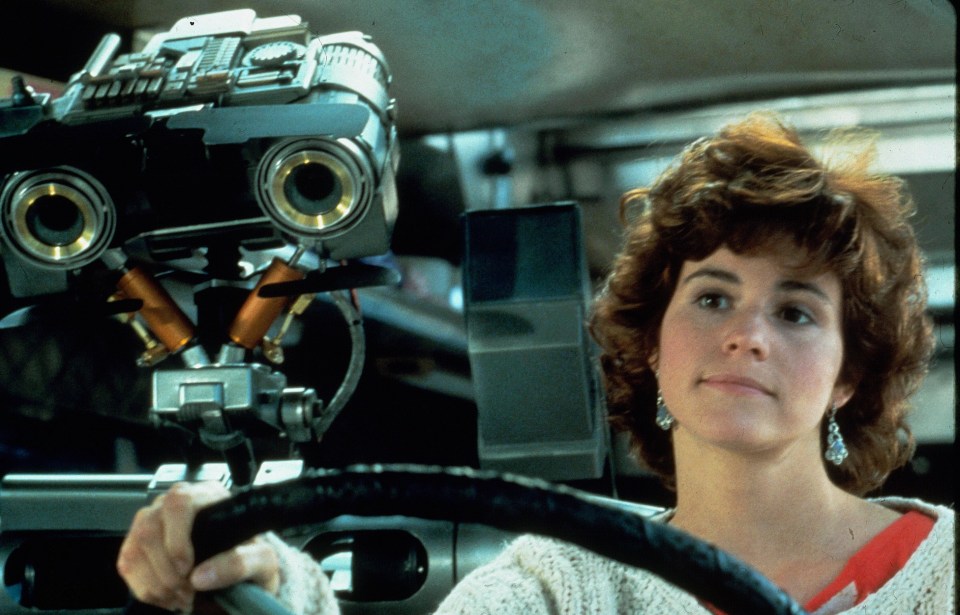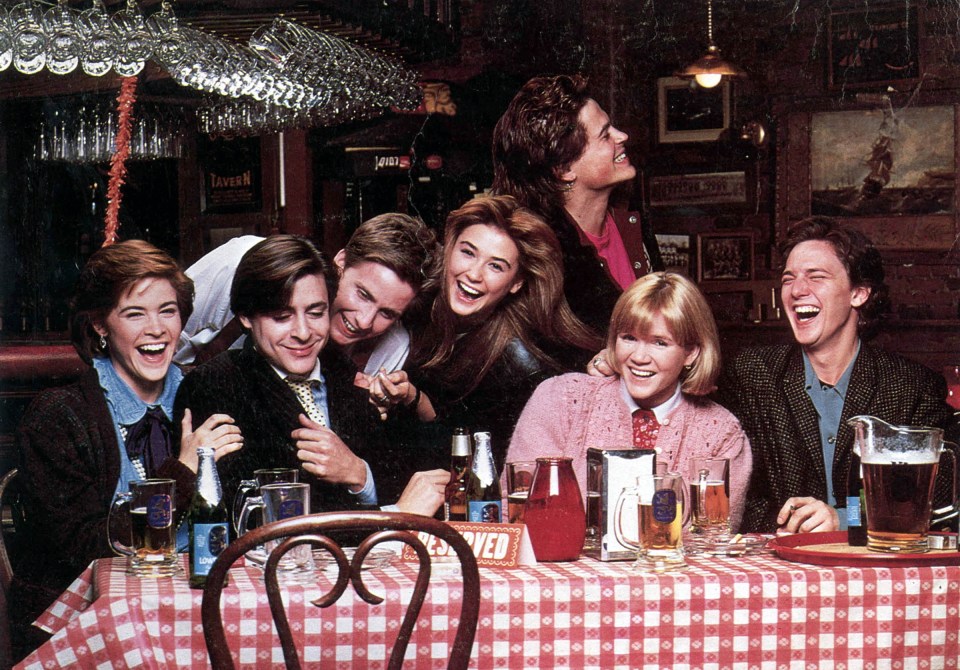IN the mid 80s she was part of a formidable group of emerging talent that was, perhaps unfairly, dubbed The Brat Pack.
Though Charli XCX has very much rebranded the term Brat into a positive this year, it had adverse repercussions for actress Ally Sheedy four decades ago as she struggled to break free from the cloak it put around her and peers like Demi Moore, Robert Downey Jr and Rob Lowe, among others.
The moniker, a play on the famous Rat Pack nickname given to 50s and 60s crooners like Frank Sinatra and Nat King Cole – came to be after a bunch of young up and comers appeared alongside one another in multiple coming of age movies like St Elmo’s Fire and The Breakfast Club.
At the height of those films’ success, Ally didn’t feel particularly concerned, and why would she, as one of the industry’s hottest new stars.
She told Vanity Fair in 2022: “Movies and working in film and TV and all that— it was this all-consuming love affair in my 20s. This is what I want to do….
“So I understand myself in my 20s, and I also understand how dangerous it can be to simply decide this is my path—period, end of story, nothing else matters. But that’s in your 20s. You’re passionate.”
However, that attitude began to change as she became increasingly pigeon-holed and was urged to change her style in order to compete for more prominent roles.
The shallow nature of Hollywood irked her and she had no desire to transform herself into a stereotypical ‘pretty girl’ to land roles.
It was something she had enough difficulty doing while in character during a pivotal scene in The Breakfast Club when her character, Allison, is given a glam makeover that then makes her more attractive to boys.
She told The Independent in 2020: “I never liked the makeover. Listen, it was Hollywood in the Eighties. They wanted to take the ugly duckling and make her into a swan.
“As far as I was concerned, that wasn’t what I was doing with that character, but that was what they wanted.”
Ally lamented the misogynistic culture within Hollywood at the time and the pressure on women to conform to the standards set out by the “white men’s club” in charge.
She said: “Acting started to just feel more and more to me like something that I didn’t want my life to necessarily be about.”
Despite her disillusionment, Ally has remained in the industry, though has been selective with the roles she has taken and the people she works with.
In 1998, the romantic comedy High Art renewed interest in her acting career.
Ally played alluring, party-loving photographer Lucy, who lives with her heroin-addict girlfriend in the flat above aspiring high fashion snapper Syd.
After a chance meeting, Lucy and Syd’s lives start to become complicatedly entwined both professionally and romantically.
Ally has gone on record as calling it her favourite role, loving every aspect of it from the direction to the script and filmography.
Now 62, mum-of-one Ally splits her time between acting and working as a professor in the theatre department at the City University of New York.
She recently spoke out about her class and how she deals with students who might not be as committed to the course as they should.
“There’s so much to get out of this class, it’s really great,” she said. “If you don’t avail yourself of what’s here, then that’s on you. If I can see a particular kid who’s on their phone all the time, I’m not going to say anything. It’s just you’re missing out.”

